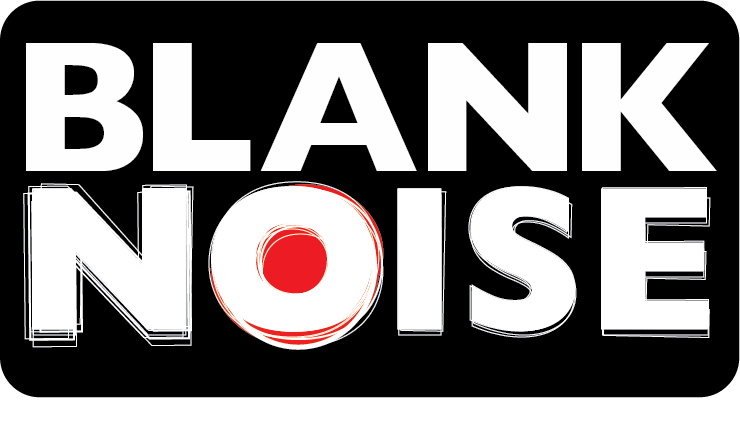On May 22, 2019, Dr. Payal Tadvi, a 26 year old second-year student at the BYL Nair Hospital in Mumbai, was driven to suicide. Dr Payal Tadvi faced casteist abuse, bullying, and harassment from three of her seniors, and also institutional negligence of the situation.. The persons who abused her were Ankita Khandelwal, Hema Ahuja, and Bhakti Mehere. Although their castes have not been explicitly reported, all of them belonged to upper-castes, Khandelwals and Ahujas both predominantly belonging to mercantile Baniya castes.
Dr Payal belonged to the Muslim Tadvi Bhil community. The Tadvi Bhils are an Adivasi community who live in parts of Gujarat, Rajasthan, Madhya Pradesh, and Maharashtra, and belong to the larger Bhil community which is listed as a Scheduled Tribe. Many Tadvi Bhils have converted to Islam, like Dr Payal’s family. Though the Tadvi Bhils are listed as Scheduled Tribes and are entitled to various government protections, Muslim Scheduled Tribe families often find it more difficult to avail of reservation, as their names are often omitted from the quota list.
Dr Payal Tadvi, a medical student, had first reported the harassment to her husband in 2018, and it continued until she finally could not take it anymore. Her harassers harmed her education as a medical student at the hospital, abused her publicly, and obstructed her work in the hospital, including barring her from entering the delivery room in the gynaecology department. According to her family, they humiliated her for having availed of reservations, a constitutional right. They said things such as “You people are adivasis, your job is to clean, you go and do that“, “We will not let you study, we will not let you go to the operation table”, “You do not deserve to be a doctor, you people can’t become doctors, it is our work“.
According to witnesses, they humiliated her publicly saying, “Ye kaam kon karega, ye tera kaam nahi hai toh kiska kaam hai? Tu chhoti jaat ho ke hamari barabari karegi kya (Who will do this work, if this is not your work then whose is it? Coming from a lower caste, you think you are our equal)?” and “Aye Adivasi… tu idhar kyu aayi hai? Tu delivery karneke layak nahi hai, tu hamari barabari karti hai (You tribal, why have you come here? You’re not competent to perform a delivery, and you are trying to compete with us).”
According to Snehal Shinde, a main witness and friend of Dr Payal who faced similar discrimination from Ankita Khandelwal, Hema Ahuja, and Bhakti Mehere, the three would stand outside her room and taunt her, even in the last moments of her life, unaware that she was dying.
Besides the three seniors who directly abused her, there were others also responsible for her distress, including the Head of the Department, Dr Yi Ching Ling, to whom her mother had complained about the harassment. Dr Ling not only refused to take any action but also disclosed the details of the complaint to the accused hence making Dr Payal even more vulnerable. The institution is also responsible for Dr Payal’s mental distress since it did not have any formal mechanisms in place to address complaints of caste-based harassment, and no SC/ST cell, to ensure the safety and wellbeing of its Dalit and Adivasis students.
More than a year after her death, in July 2019, pictures of her suicide note which had been deleted, were recovered from Dr Payal’s phone, suggesting that the three abusers, who had entered her room shortly after she committed suicide, had tampered with the evidence as well. The note named all three of them and outlined the casteist harassment as the reason for her taking her life.
However, the abusers blamed Dr Payal for her death, through the court proceedings. Shortly after Payal Tadvi’s death, the accused wrote to the Maharashtra Association of Resident Doctors, blaming Payal for not being able to handle the work pressure at the hospital.
While moving for bail, they blamed Dr Payal’s performance for not being up to the expected standards at the hospital and the huge amount of pressure caused by this, and even claimed that she had “shirked responsibilities”
Later in June 2019, during court proceedings, their representatives questioned Dr Payal’s “capacity” to deal with academic pressure, blamed her unstable mental health and alleged that marital discord was the real cause for her death. They questioned why Dr Payal had opted to stay in the college hostel when her husband Salman Tadvi, also a doctor, was an assistant professor in the same BYL Nair Hospital, and lived nearby, and shifted the blame of the abuse on Dr Payal by implying that she was only reprimanded because she was not doing her job well.
In October 2020, the Supreme Court allowed the three accused to re-enter the college and resume their studies, while the trial is still pending. In February 2020, the Bombay High Court had set a time constraint of 10 months on the special court to complete the trial, but no verdict has yet been reported.
References:
https://www.news18.com/news/india/double-bind-of-discrimination-mumbai-doctor-payal-tadvis-death-a-chilling-reminder-of-adivasi-muslims-struggling-for-rights-2167847.html
https://www.dalitcamera.com/payal-tadvis-life-snuffed-out-by-caste-hindus-and-lack-of-institutional-mechanisms/
https://indianexpress.com/article/india/accused-told-payal-tadvi-suicide-case-tu-chhoti-jaat-ho-ke-hamari-barabari-karegi-kya-5852768/
https://www.indiatoday.in/india/story/it-has-become-unbearable-cannot-stand-a-minute-with-them-payal-tadvi-in-suicide-letter-1573618-2019-07-25
https://www.deccanchronicle.com/nation/in-other-news/270519/doctors-accused-in-mumbai-doctors-suicide-seek-fair-investigation.html
https://thewire.in/caste/payal-tadvi-case-caste-violence-atrocity
https://www.business-standard.com/article/pti-stories/didn-t-know-caste-of-mumbai-doctor-who-ended-life-say-accused-119052801330_1.htm
https://thewire.in/caste/payal-tadvi-case-caste-violence-atrocity

